
The timing chain is a critical component in the engine of a vehicle, including Volkswagen models. It plays a crucial role in synchronizing the opening and closing of the engine’s valves, ensuring smooth and precise operation. However, like any mechanical part, timing chains can fail over time due to various reasons. Understanding the common causes and symptoms of Volkswagen timing chain failure can help car owners identify potential issues early and prevent costly repairs or extensive engine damage.
Causes of Volkswagen Timing Chain Failure
- Lack of Maintenance: One of the primary causes of timing chain failure in Volkswagen vehicles is a lack of proper maintenance. Regular oil changes and routine inspections are crucial for ensuring the longevity and optimal performance of the timing chain. Neglecting these maintenance tasks can result in the chain becoming dry, brittle, and prone to failure.
- Oil Quality and Contamination: The quality of oil used in the engine also plays a significant role in timing chain health. Low-quality or contaminated oil can lead to increased friction and wear on the timing chain components, ultimately causing premature failure.
- Tensioner and Guide Wear: Over time, the timing chain tensioner and guides can wear out, lose their effectiveness, and fail to provide the necessary tension for the chain. This can result in excessive slack, misalignment, and ultimately, chain failure.
- Manufacturer Defects: While rare, manufacturing defects can also contribute to timing chain failure in Volkswagen vehicles. These defects can include faulty materials, design flaws, or inadequate quality control during the manufacturing process.
Symptoms of Volkswagen Timing Chain Failure
- Engine Misfires: A failing timing chain can cause the engine to misfire or run irregularly. This is because the chain’s improper synchronization can disrupt the precise timing of the valves, leading to combustion issues and misfires.
- Engine Noise: A worn or damaged timing chain may produce noticeable noise, often described as a rattling or ticking sound. This noise can be particularly noticeable during engine startup or acceleration and may become more pronounced as the chain further deteriorates.
- Loss of Power and Performance: Timing chain failure can result in a loss of engine power and overall performance. This can manifest as sluggish acceleration, reduced throttle response, or difficulty in reaching higher speeds.
- Check Engine Light: A malfunctioning timing chain can trigger the vehicle’s onboard diagnostic system, causing the check engine light to illuminate. The engine control unit (ECU) detects the timing irregularities and generates a fault code, which can be read by a diagnostic tool to identify the specific issue.
- Rough Idling: An engine with a failing timing chain may experience rough idling, characterized by uneven or fluctuating RPM (revolutions per minute). The improper synchronization of the valves can lead to an unstable idle, causing the engine to shake or vibrate noticeably.
- Engine Stalling: In severe cases of timing chain failure, the engine may stall while driving or refuse to start altogether. This occurs when the chain completely breaks, leading to a loss of valve timing and rendering the engine inoperable.
Maintain Your Volkswagen’s Timing Chain
The timing chain is a vital component in Volkswagen engines, ensuring the precise synchronization of valve timing. However, various factors can contribute to its failure over time. Regular maintenance, including oil changes and inspections, is crucial for preserving the health of the timing chain.
Recognizing the symptoms associated with timing chain failure, such as engine misfires, unusual noises, loss of power, and rough idling, can help car owners identify issues early and seek prompt repairs. If you experience any of these symptoms, it is advisable to consult one of our qualified mechanics to diagnose and address the problem promptly, preventing further damage to the engine.
Book An Appointment At Carotech Automotive Today
Is your Volkswagen in need of a timing chain repair? 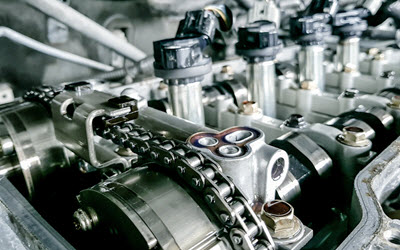 Look no further than Carotech Automotive located in Los Angeles, CA. Our team of expert technicians is ready to assist you in getting your car back on the road and running smoothly. Booking an appointment with us ensures that your timing chain repair is handled with the utmost care and professionalism.
Look no further than Carotech Automotive located in Los Angeles, CA. Our team of expert technicians is ready to assist you in getting your car back on the road and running smoothly. Booking an appointment with us ensures that your timing chain repair is handled with the utmost care and professionalism.
We understand how important your car is to you, which is why we strive to provide the best service possible. Don’t hesitate, schedule your appointment today and experience the quality service that Carotech Automotive has to offer.

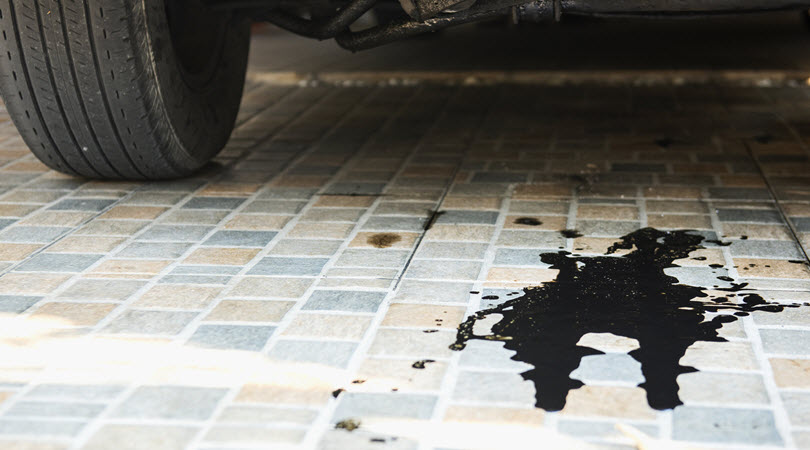
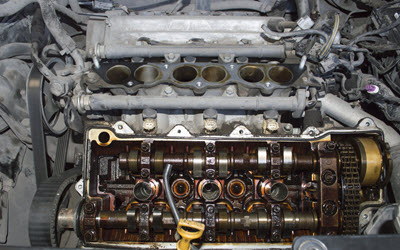 If you are living in or around Los Angeles, CA, and think that your valve cover gasket may have failed,
If you are living in or around Los Angeles, CA, and think that your valve cover gasket may have failed, 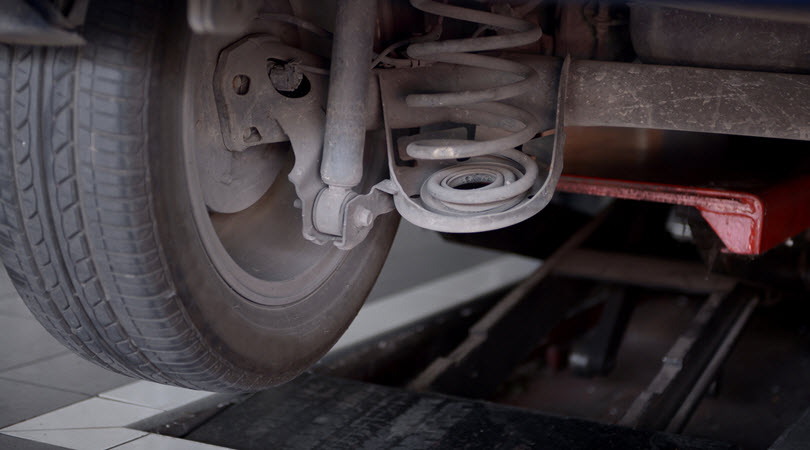
 LA and the surrounding communities. You won’t have to travel far for any of your mechanical requirements. From as far back as 2007, we have continued to help drivers care for their cars throughout Los Angeles and the areas around Pico Robertson like
LA and the surrounding communities. You won’t have to travel far for any of your mechanical requirements. From as far back as 2007, we have continued to help drivers care for their cars throughout Los Angeles and the areas around Pico Robertson like 
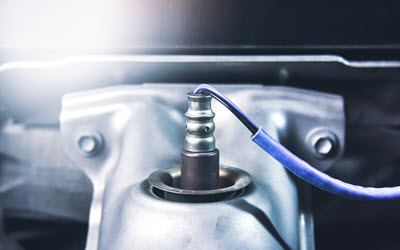 Preserving the high performance these vehicles have to offer requires quality service.
Preserving the high performance these vehicles have to offer requires quality service.



Recent Comments